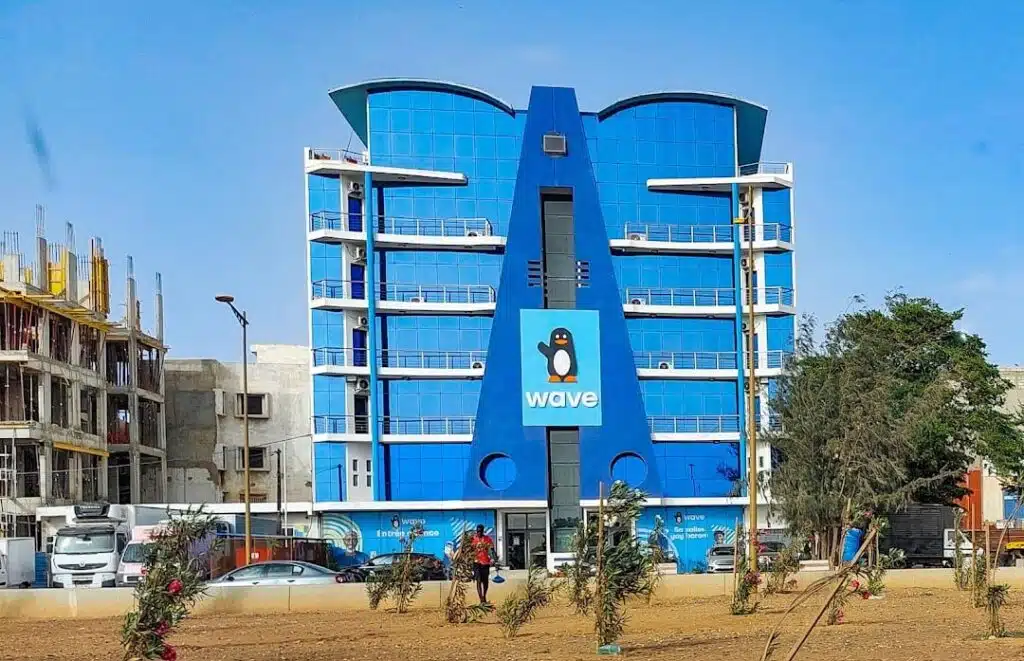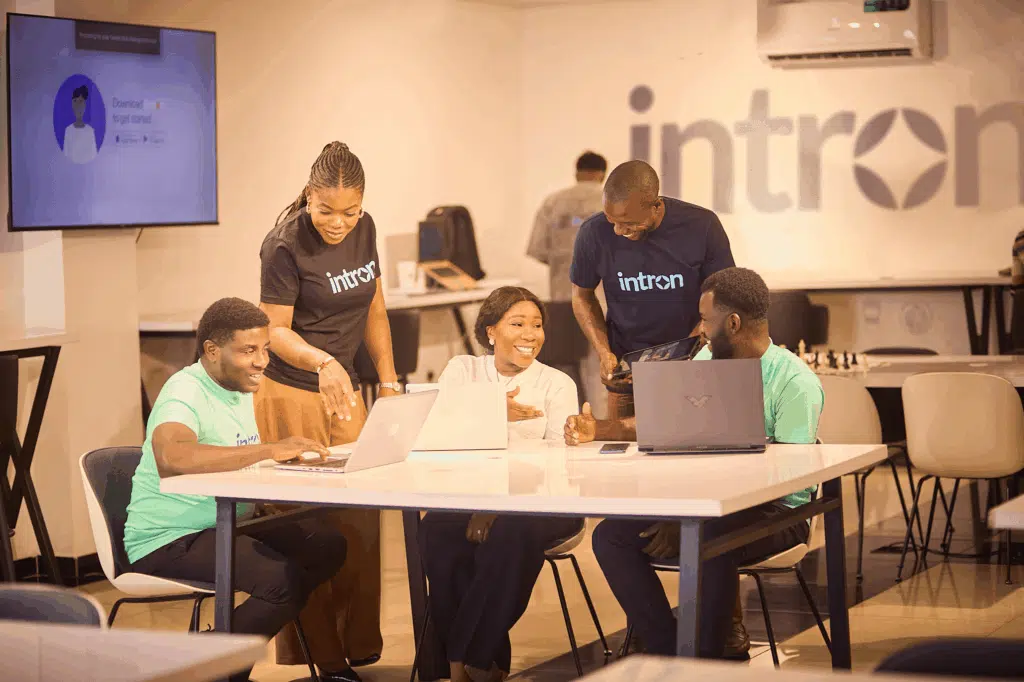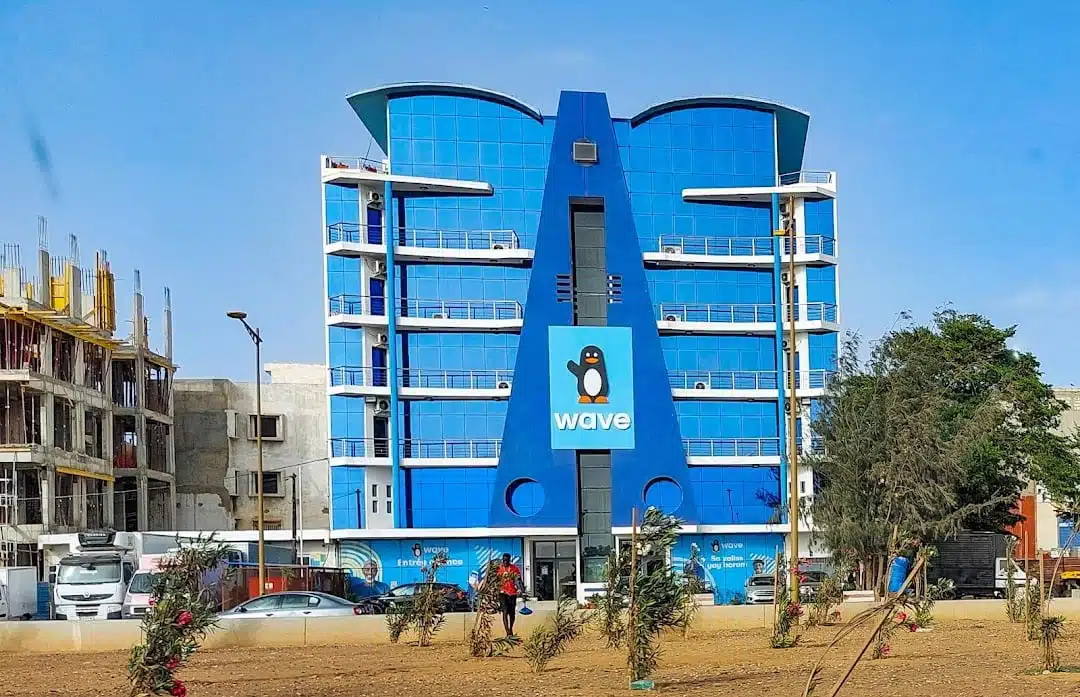Hola,
Victoria from Techpoint here,
Here’s what I’ve got for you today:
- Wave raises $137M to power more mobile money in Africa
- Meet the Nigerians building a smarter legal bot
- Intron expands voice AI beyond clinics to the courtroom
Wave raises $137M to power more mobile money in Africa

Wave, the mobile money platform that’s been quietly changing the game in West Africa, just secured $137 million in debt financing. The deal was led by Rand Merchant Bank, with backing from global development finance giants like British International Investment (BII), Finnfund, and Norfund. All that money? It’s going straight into expanding access to aff0rdable financial services across the region.
Founded in 2018 by Drew Durbin and Lincoln Quirk, Wave has grown like wildfire. With over 150,000 agents and more than 29 million monthly active users, it’s become Africa’s fastest-growing mobile money service. From Senegal to Côte d’Ivoire and beyond, Wave is showing what financial inclusion can look like when it’s mobile-first, low-cost, and actually built for the people using it.
“We started Wave to make financial services radically more aff0rdable,” said CEO Drew Durbin. And it shows. Users don’t pay fees for deposits or withdrawals. Transfers cost just 1% through its app, and paying bills? Also fr3e. That’s a big deal in a region where traditional mobile money services often come with layers of charges.
This funding gives Wave more muscle to bring its services to even more underserved communities. According to RMB, this isn’t just a bet on a startup; it’s a bet on African innovation and the belief that fintech can uplift millions. “It’s about unlocking inclusive growth,” said RMB’s Sibusiso Tashe. The bank believes Wave is redefining what financial access means for the continent.
Wave’s story didn’t start with Wave. The founders first built Sendwave in 2012 to lower remittance fees to Africa. After selling it for $500 million in 2021, they went all in on Wave. That same year, Wave became Francophone Africa’s first unicorn after a $200 million raise and was the only African company on Y Combinator’s list of highest-revenue startups.
Today, Wave’s growth is powered not just by product design but by real boots-on-the-ground strategy: strong agent networks, free QR cards for feature phone users, and tight partnerships with governments and regulators. It’s not just mobile money; it’s a movement. And this latest funding round? Just more fuel in the tank.

Victoria Fakiya – Senior Writer
Techpoint Digest
Stop struggling to find your tech career path
Discover in-demand tech skills and build a standout portfolio in this FREE 5-day email course
Meet the Nigerians building a smarter legal bot

So here’s the thing, not all legal chatbots are created equal. While ChatGPT might spit out legal advice with confidence (even when it’s wrong), a Nigerian startup, Case Radar, is taking a refreshingly honest and hyper-local approach: if the AI doesn’t know, it says so. No stress, no hallucinations.
Launched in September 2024, Case Radar is the brainchild of Agbo Obinnaya and Victory Nnaji, two Nigerian founders without Silicon Valley money or magic. What they do have is something most legal tech giants don’t: access to thousands of court documents that had never touched the Internet. They’ve built an AI platform trained specifically on Nigerian legal cases. Not Wikipedia. Not Reddit. Actual, hard-to-find court rulings.
Their legal chatbot is already gaining traction, with over 1,400 users and counting. It does the basics, explains the law, answers questions, finds lawyers, but it also does the heavy lifting: summarising documents, analysing cases, and speaking your language (both literally and legally). Most importantly, it’s built for Nigeria, not just adapted for it.
Getting all that legal data online wasn’t easy. Victory had to move from Enugu to Abuja just to access and process the massive paper trail. They coded their own extraction tools and cleaned court records into usable training data. The result? A bot that actually knows the law of the land, not just what’s been uploaded to the web.
Obinnaya’s marketing roots in Web3 also helped spread the word fast. Instead of just building a platform, they built legal communities. Think online forums, offline meetups, and lawyer-user bridges. And it’s not just about access. It’s about solving real problems: educating regular Nigerians and helping thousands of jobless lawyers connect with clients.
So yeah, if you’re tired of Googling “how to write a demand letter” or scared of the law because it feels like jargon soup, maybe give Case Radar a try. It’s built for you. And if you’re curious about how they plan to make money, check out Bolu’s latest on Techpoint Africa.
Intron expands voice AI beyond clinics to the courtroom

Intron, the African healthtech startup known for its voice tech magic in hospitals, is stepping way beyond stethoscopes and patient files. The company says its Sahara AI voice suite now outperforms global giants like OpenAI, Google, Microsoft Azure, and AWS when it comes to understanding African speech. That’s a bold claim, and one backed by recent benchmark tests.
Originally launched in 2020 to help doctors with fast, accurate speech-to-text notes (even with thick accents), Intron’s Sahara model quickly found a home in clinics across Nigeria, South Africa, and Uganda. Now? It’s heading into finance, telcos, courts, and any other sector where clear communication matters.
If you’ve ever yelled at your voice assistant because it couldn’t understand your Nigerian or Ghanaian English, Intron gets it. Its models are built using over 3.5 million audio clips from more than 30 countries and are designed with African accents in mind, over 300, to be exact. Thanks to their AccentMix algorithm, even Zulu-inflected English or Francophone-accented Hausa won’t throw Sahara off.
Beyond the core speech recognition model (Sahara Optimus), Intron has also rolled out Sahara TTS, a text-to-speech engine with over 80 unique voices, and Sahara Voice Lock, a voice security tool that can detect fraud and stop deepfakes by recognising unique African voice patterns. These tools are already in use by 40+ organisations in eight African countries.
Health may have been their starting point, but Intron’s footprint is expanding. The Rwandan Ministry of Health is rolling out a nationwide AI-powered medical records system powered by Intron, while groups like C-Care in Uganda and Audere in South Africa are already fans. EHA Clinics in Lagos and Abuja were among the early adopters.
After closing a $1.6 million seed round in 2024, the company has beefed up its research, cloud infrastructure, and partnerships. And with Africa’s complex and rich linguistic diversity, Intron may just be the voice AI company that actually gets the continent.
So, curious how Intron AI is being used in courtrooms? You should check out Delight’s latest piece on Techpoint Africa.
In case you missed it
- Starlink subscriptions drop in Kenya as ISP reopens signups
What I’m watching and reading
- 19 Raw Lessons To Not Mess Up Your Life – Mark Manson (4K)
- How to turn off work thoughts during your free time | Guy Winch
Opportunities
- Lagos Business School is hiring. Apply here.
- Kuda is looking to fill 37 positions. Apply here.
- MasterCard is recruiting a Head of Impact Labs. Apply here.
- Jumia is hiring a Chief Marketing Officer (Pipeline). Apply here.
- Sun King is looking for a Workforce Planning Analyst, Nigeria. Apply here.
- Building a startup can feel isolating, but with Equity Merchants CommunityConnect, you can network with fellow founders, experts, and investors, gaining valuable insights and exclusive resources to help you grow your business. Click here to join.
- Help us make Techpoint better for you! Your feedback shapes what comes next (your responses may potentially save my job. A bit dramatic, but still). It will only take 30 seconds to tell us what works and what doesn’t. Fill it here.
- To pitch your startup or product to a live audience, check out this link.
- Have any fresh products you’d like us to start selling? Check out this link here.
- Follow Techpoint Africa’s WhatsApp channel to stay on top of the latest trends and news in the African tech space here.
Have a lovely Tuesday!
Victoria Fakiya for Techpoint Africa.










